
views
By Angus MacSwan BLOEMFONTEIN, South Africa (Reuters) - Bloemfontein is a city which honours South Africa's difficult history with pride but its people believe the World Cup will bring a new spirit of reconciliation. The Free State of which it is the capital is the heartland of the Afrikaners -- better known for their passion for rugby -- and was the main battleground of the 19th Century wars between the Boers and British. The African National Congress, which led the struggle against apartheid that culminated in Nelson Mandela becoming South Africa's first black president in 1994 -- was founded in the Bloemfontein township of Batho in 1912. But with days to go before the World Cup gets underway, the the usually quiet "City of Roses" is getting ready to enjoy a feast of football. The lamp posts are decorated with vuvuzelas -- the plastic trumpets beloved of the South Africa fans -- and shop racks are overflowing with yellow replica shirts of the Bafana Bafana national team. "I feel it here, I'm swimming in the World Cup," said Tseko Motuang, a vendor in a downtown market. Stall-holders reported a good trade in shirts, wool hats, scarves, flags and vuvuzelas. Customers were both black and white, Tseko said, belying the notion that whites were only interested in rugby and cricket. Tseko and his friends will get to see South Africa play in Bloemfontein on June 22 when they take on former winners France. "Bafana Bafana will do well. If they beat Mexico they will go far. The first game is key," said another vendor Mohamed, a 31-year-old originally from Senegal. "We'll get a draw against France, maybe beat them. They are not that tough anymore. Old guys," he said, declaring his support for South Africa although he wore a blue France scarf. "We're looking for a draw against Uruguay. They will be tough. They don't give up," he said. The city -- known in the Sesotho language as "The Place of the Cheetahs" -- will see Japan and Cameroon, France and South Africa, Greece and Nigeria, Slovakia and Paraguay, and Switzerland and Honduras take on each other in the group stages in matches at the 45,000-capacity Free State Stadium. PUNCH ON THE NOSE" Buying a hat and a flag for his two sons was Francois Prinsloo, a 43-year-old banker of Afrikaans descent. His firm's offices were festooned with national flags, he said. "The amazing thing is the unity it brings. South Africa is a young democracy, there are a lot of issues. We need the good will and we need the spirit," he said. He also said the old racial divide between rugby and football was changing. He noted that a recent rugby cup final held in the Johannesburg township of Soweto, white fans who would never normally dare venture in there were welcomed by residents. Even the War Museum of the Boer Republics, a splendid collection of artefacts on the Boer struggle against the British, is getting in on the act. It has a special World Cup display, part of which details some of the history of football in the region, with an account of Scottish soldiers taking on a team of Boer prisoners and other regimental matches between battles. It also highlights other nationalities involved in the war, among them World Cup participants the French, Italians and Germans on the Boer side and the Australians, New Zealanders and and Portuguese allied to the British. "A lot of foreigners fought on the Boer side," museum director John Zyl said. "Europe was envious of the British Empire and was very interested in seeing these small republics give the British Lion a punch on the nose." -- words that England might bear in mind should fate bring them to Bloemfontein in the second round. (Editing by Nigel Hunt; To query or comment on this story email [email protected])










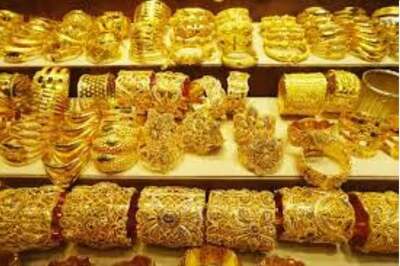


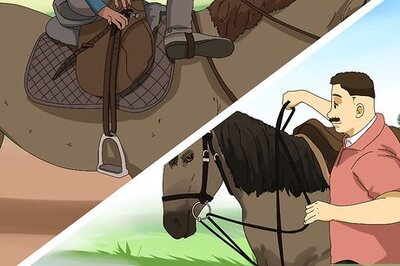

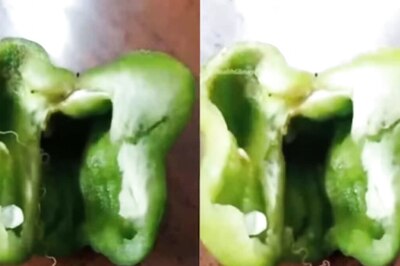
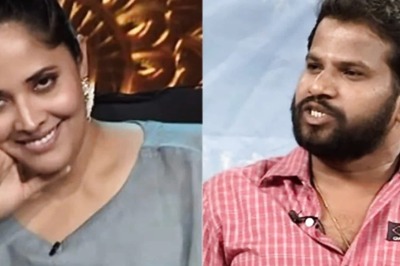

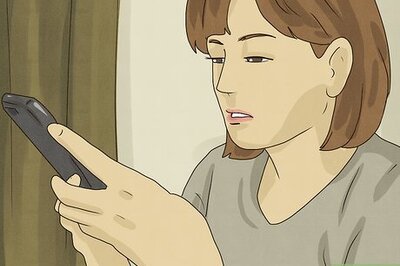
Comments
0 comment